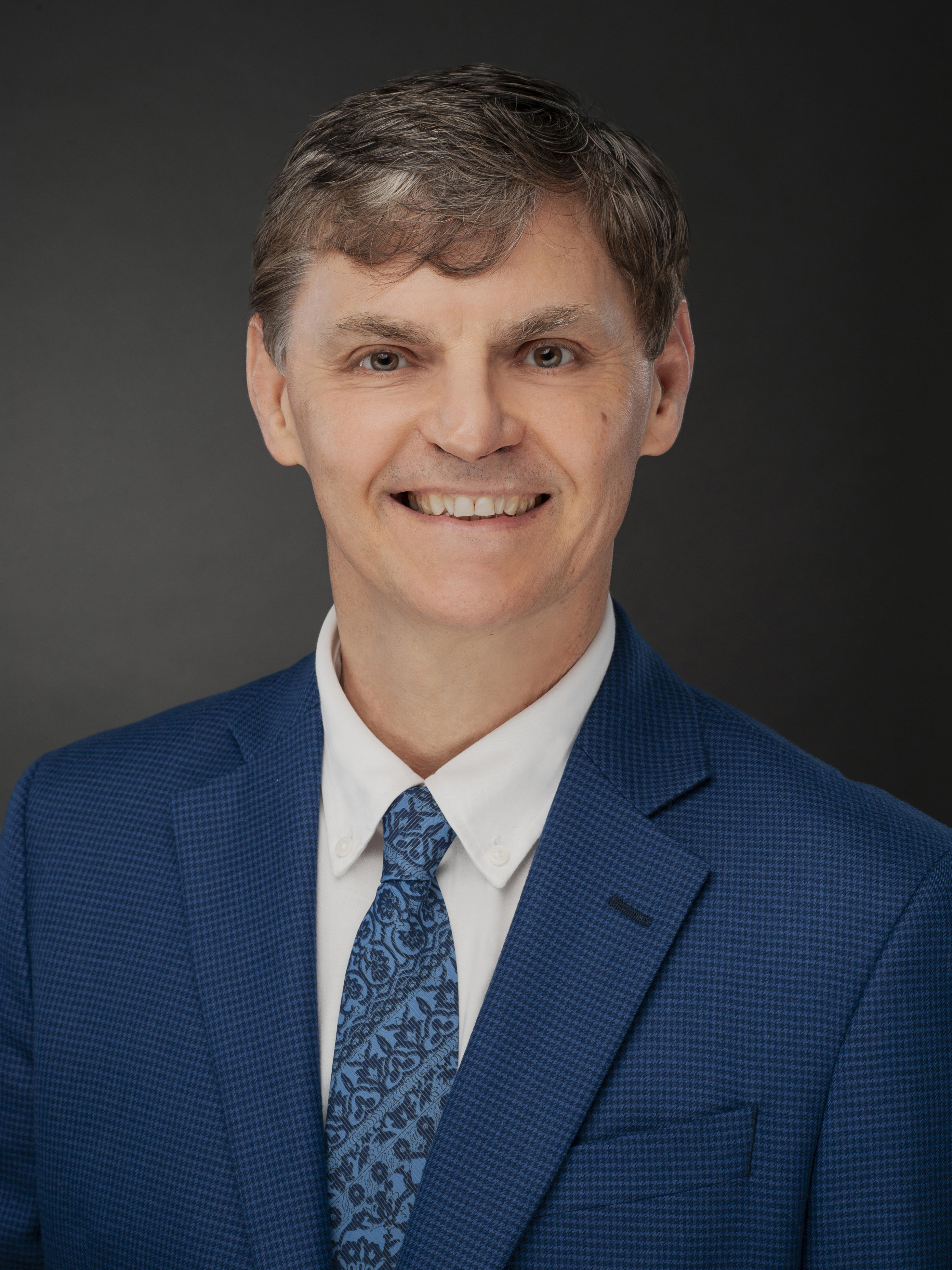Roderick H. Dashwood

University Distinguished Professor
Director, Center for Epigenetics and Disease Prevention (CEDP)
John S. Dunn Chair in Disease Prevention
Contact
Center for Epigenetics and Disease Prevention
2121 W. Holcombe Blvd.
Houston,
TX
77030
rdashwood@tamu.edu
Phone: 713.677.7806
Fax: 713.677.7784
Dashwood Lab
Biography
Rod is a University Distinguished Professor who followed Ph.D. studies in the U.K. with a postdoc stint in Corvallis and faculty positions at UH Mānoa. After a sabbatical at the National Cancer Center in Tokyo, Japan, he returned to Oregon State University as Director of the Cancer Chemoprotection Program and Helen P. Rumbel Professor for Cancer Prevention at the Linus Pauling Institute, with tenure in the Dept. Environmental & Molecular Toxicology. He joined Texas A&M HEALTH as inaugural Director of the Center for Epigenetics & Disease Prevention and John S. Dunn Chair in Disease Prevention, with tenure in the Dept. Translational Medical Sciences, Texas A&M College of Medicine. He has affiliate faculty roles with the Dept. Nutrition and MD Anderson Cancer Center. A Fellow of the Royal Society of Biology, he received University of Hawaiʻi Regents’ Medals for Excellence in Teaching and Research, and the Rice University Biosciences & Bioengineering Medical Innovation Award.
Education and Training
- B.S. Biological Sciences (Cellular Toxicology), University of Plymouth, UK (1982)
- M.S. Toxicology, University of Surrey, UK (1983)
- Ph.D. Genetic Toxicology/Carcinogenesis, University of Portsmouth and ICI Central Toxicology Laboratory, UK (1986)
- Postdoctoral Fellow, Oregon State University, US (1986-1990)
Research Interests
Research integrates multiomic, genetic, epigenetic and immune approaches for precision oncology. Epigenetic readers, writers and erasers that reversibly regulate immune players in the antigen presentation pathway are of current mechanistic interest. Molecular and cell-based assays are combined with preclinical models coupled to polypectomy. Clinical specimens and organoids from patients undergoing colectomy provide for human translation. Supported by the NCI, NINDS/NIA, and the John S. Dunn Foundation.
Selected Publications
Awards, Recognition and Service
- University Distinguished Professor
Assistant Contact:
Alma Ramirez, MBA, MSAdministrative Coordinator
713.677.7524
alma.ramirez@tamu.edu
